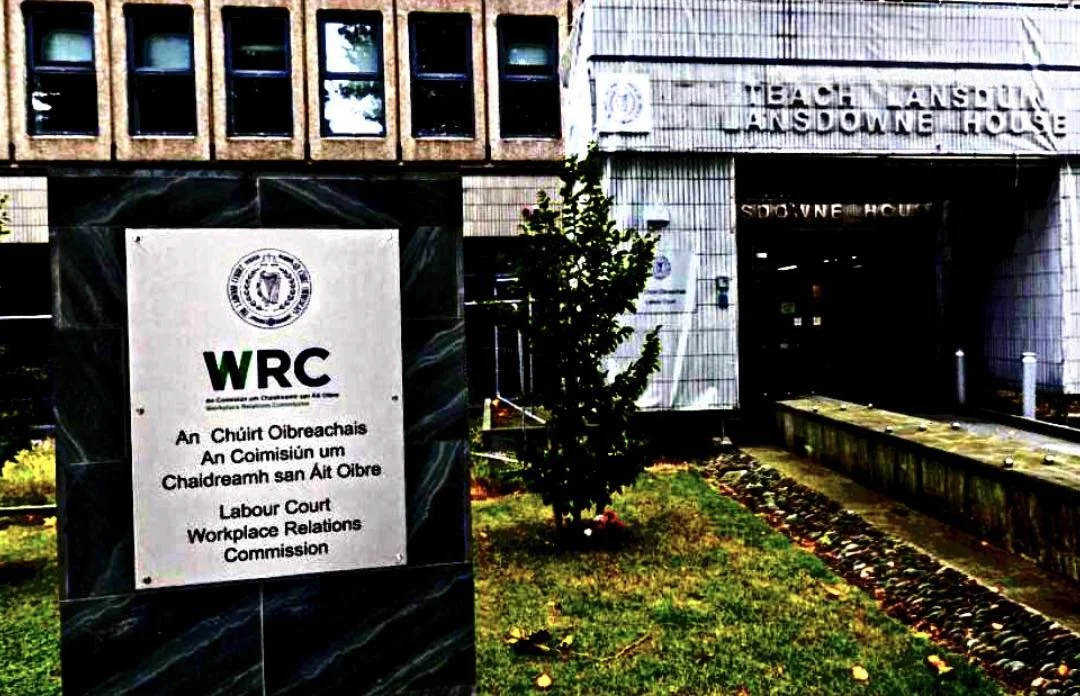385,000 Public Sector Workers In The Twenty-Six Counties Secure Pay Rise
Early on the morning of the 24th of January, public sector union leaders emerged from the Workplace Relations Commission after all-night talks resulting in an agreement that covers the next two and a half years. These types of talks usually have a large element of consensus, however this time round there appears to have been some friction, with these particular negotiations having took a number of months to complete.
Perhaps emboldened by the recent strike action in the Six Counties and across the water in Britain, the trade unions taking part in these negotiations held out for increased concessions from the state, with the talks resulting in pay rises of between 9.25% and 17.3% for workers over the course of the agreement.
Low-paid workers are in line to benefit significantly from the agreement, which will also see the introduction of a local bargaining clause that will allow certain categories of workers to negotiate additional improvements in their locality.
The agreement also introduces strong protections against the outsourcing of public services, which is a major advantage in fighting any ‘race to the bottom’ attempts to privatise these services. Privatisation has had a disastrous impact on the delivery of public services in other countries, a notable example of this being the privatisation of Britain’s rail network and the subsequent rise in costs and fall in quality.
However, and as with the numerous agreements between trade unions and the state in the post Industrial Relations Act age, there are trade-offs which include a commitment to digitisation and seven day rosters amongst others. It is clear that, in addition to these trade-offs, there will be a sustained attempt by the state to dismantle some non-pay related terms and conditions, with the battleground likely to be over the duration of the agreement, although any changes to this deal will have to be negotiated with the unions in question.
Gains for workers can only be maximised and damaging workplace changes minimised when there is a high level of trade union membership and activity. For all their flaws, trade unions are democratic and are the only vehicle out there for working people to improve their economic situation and their work life balance.
All improvements in the workplace have been achieved though working people organising together in trade unions. The weekend, as we know it, exists due to unions and workers winning the right to a five-day working week, sick pay, and holiday pay all arose as a result of organised trade unions.
It is the trade unions too that are pushing back against the anti-worker Industrial Relations Act of 1990 and campaigning for the right to guaranteed trade union recognition in all workplaces.
For these, and many other workplace battles, organised labour remains the most powerful weapon that is available to public and private sector workers alike. Trade unions hold the key to mobilising vast numbers of people in public protest, industrial action and other forms of collective action.
In the New Republic that Éirígí wants to help build, trade union recognition will be compulsory. Zero-hour contracts, enforced bogus self-employment and other ‘gig economy’ exploitative practices will be outlawed and the gender pay-gap will be closed. Workers displaced by technological advances will be retrained as required.
Éirígí encourages all workers, both public and private, to join a trade union - to work within their union to build it and improve it. Building trade unions in this way will be necessary to move beyond the fraction of workers who are currently covered by collective agreements in their workplace.
Beyond the workplace, a strong radical trade union movement will be essential to building the New Republic that Ireland so badly needs.

